You may look in the mirror and recite your body positive affirmations every morning, religiously.
You may have read all the non-dieting books, listen to all the ED / disordered eating recovery and HAES podcasts, and subscribe to all the body positivity facebook groups.
You may have thrown out the scales and awful women's magazines. You may have unfollowed the social media accounts that silently suffocate you with hundreds of snaps of slender white yoginis drinking green juice on beaches whilst effortlessly doing handstands.
You've shunned diet culture because you know that diets don't work.
"So why," you may be wondering, "do I still obsess about food?"
Why do you feel like the world is caving in on you when you eat a few tim tams - I mean, you're physically allowing yourself to eat tim tams now... aren't those diet thoughts just meant to disappear?
Why do think that guy you adore will never look at you unless you lose 5 kilos (the "healthy way", of course...)?
Lately I've had an influx of clients who are struggling with this. These women are smart, sensitive, and determined to heal their relationships with food and their bodies. Yet despite having quit dieting, and despite being up to date with the non-dieting philosophy, they're still struggling.
Why?
The pattern that keeps revealing itself is this: Despite having done the surface-level work of rejecting diet culture, these women are still struggling with food and their bodies because they're yet to address their deep seated beliefs about food, eating and bodies.
That's worthy of repeating: THEY ARE YET TO IDENTIFY, DISMANTLE, and REVOLUTIONISE THEIR DEEP-SEATED FOOD RULES, INTRINSIC BELIEFS ABOUT BODIES AND WORTH, AND INTERNALISED WEIGHT BIASES.
You know, those food and body beliefs that are housed deep in your psyche, and may have been festering down there for far, FAR longer than your recent #bopo revolution.
Thoughts like:
"I must stick to eating good foods, and avoid bad foods... because health."
"I must never eat x because it really IS fattening."
"I must not eat after 6pm."
"I must exercise for x minutes every day in order to be ok."
"I must not eat more than x calories or x grams of carbs in a day."
"I must weigh less than x in order to feel ok."
Look, I get it. Getting neck deep in the muddy truth of our innate food and body hang ups is messy. It takes longer than the time taken to read an intuitive eating or anti-dieting book. It can take months, hell it can take years.
Digging for those food and body rules (and the deep seated beliefs they stem from), is harder than doing the "food stuff" like practising hunger and fullness attunement, or mindful eating exercises.
Getting to the root of the problem can be hard yakka, and it can be confronting AF.
And man, can those roots can run deep.
But doing this work is absolutely CRUCIAL for healing. There is no going around it. Identifying, dismantling, and eventually letting go of harmful food and body beliefs is absolutely necessary if you want to move forward on the non-dieting path with confidence. And being late autumn, there's no better time to start than right now...
Letting shit go
It's a time of looking within and questioning if what we find is nourishing us... or depleting us.
In both Ayurveda and Traditional Chinese Medicine, the organs that characterise this season are the lungs and large intestine, which are largely responsible for letting go of waste matter: both carbon dioxide in the case of exhaling lungs, and faeces in the case of the evacuating large bowel.
In short, autumn is about Letting Shit Go.
In the context of our relationship with food, eating, and our bodies, I'm referring to the shit, muck, and sludge of diet CULTURE, diet mentality (or dieting THOUGHTS, which lead to dieting BEHAVIOURS), and the deep seated BELIEFS associated with dieting. (I'll explain each of these shortly.)
The first moon cycle of early autumn or Shallow Water Moon was about acknowledging the shit that has already accumulated on the bottom of the river - for in the world of recovery from dysfunctional eating behaviours, there is no evolution or healing without first acknowledging our current situation.
The second lunar cycle of autumn was the mid-autumn Blood Moon. This is when we make the conscious decision to stop dieting and try a different way - even if we are not yet aware what that way looks like. At this stage the focus is to stop more shit from accumulating. This means saying NO to diet culture. We throw out the scales, unfollow triggering social media accounts, and start to educate ourselves about alternatives to dieting like intuitive eating and Health at Every Size. This is typically when we dive head first into all those glorious books to support this part of our journey.
So here we arrive at the third and final lunar cycle for the season, the late autumn Moon of Underground Treasure. This is when we start digging, digging, digging... and calling out our ingrained, long-standing diet beliefs and food rules... which we may be largely unaware of at first.
Once we identify them, we begin the hard work of turning those shitty food and body-shaming rules into treasure. Because once we shine the light of awareness onto these deep-seated and limiting beliefs, we can transform them into something far more nourishing and health-generating for ourselves.
Late autumn vibes
I'm a spring baby, born in October, but there's something magical about cosy-jumper-and-hot-turmeric-latte time of year that is late autumn. At the same time, autumn can be challenging for me to say the least.
I feel the leftover heat of summer is suddenly trapped under all those layers and I'm quick to anger. I get moody, abandon once spirit-lifting resolutions (goodbye, weekly hip hop dance classes!), wake up too early, fall asleep too late, feel lethargic, and mull over past life and relationship decisions that could have been "made differently" (generally ones that I, too, had forgotten but that suddenly, and with great passion, rear up).
Often, I feel an intense longing in my chest that is almost like physical pain, a biting, searing bitterness that bubbles up into my throat and bursts into my awareness, which no amount of coconut sugar or matcha lattes can take away.
My shit is coming up, and it's time for me to face what I've ignored for the last six months. And I like to think that more often than not, I do. Or at least I try to.
Since it is the season to “let shit go” it's natural to start with the outer, easier layers. In terms of healing from dysfunctional eating, these outer layers have already been discussed in the last two lunar cycles. Unfollowing ridiculous social media accounts that perpetuate diet culture. Throwing out the scales. Being #bopo and #nondiet, sister!
But the work of dumping diet culture is a more surface-level process than, say, mining and transmuting our internalised diet beliefs and body rules. This requires that we dig far, far deeper. Unfollowing a clean eating account on Instagram is lighter work than, say, identifying a core belief (e.g. "I must be perfect to be loved") that your binge eating or chronic restricting is stemming from.
Mining is hard yakka
Upon meeting with them for the first time, it becomes clear that many of my clients already recognise the futility of dieting. They know how unhelpful it is to label foods as "good" or "bad". They think they're no longer dieting - and sometimes, they ARE physically allowing themselves to eat any food (although often there's still emotional restriction going on, i.e. they're not emotionally allowing themselves to eat whatever they want).
They have taken the first step and have begun to eschew diet mentality and diet culture at a surface level. But they still binge, restrict, or emotionally eat, even though they know dieting doesn't work.
Or maybe they physically "allow" themselves to eat all foods, but they're losing their minds while they're at it, and their anxiety levels are at an all time high.
This is when it's time to do some serious earthworks on beliefs about food, weight, and bodies.
The basic premise is that beliefs (or values) are often unconscious and create the fertile ground for certain thoughts. The resulting thoughts, of which we have thousands per day, then lead to emotions or feelings, which dictate our behaviours (or actions). Our behaviours create our reality, the result.
Let's re-examine those earlier dieting thoughts and add some possible (often patriarchy-related) beliefs they might be stemming from:
Thought: "I must only eat good foods, and avoid bad foods." (Belief: "I must BE good.")
Thought: "I must not eat tim tams because they're fattening." (Belief: "I must be thin to be accepted.")
Thought: "I must not eat before 9am, or after 6pm - because intermittent fasting (or whatever BS)."
(Belief: "I must exercise restriction in order to be healthy.")
Thought: "I must not eat more than x calories or x grams of carbs in a day." (Belief: "As a woman, I must be thin to be worthy.")
Thought: "I must weigh less than x in order to feel ok." (Belief: "My size dictates my value.")
Thought: "I must not diet... but only because that will make me fatter! (i.e. the "non-diet approach" diet)." (Belief: "I must be thin to be loved.")
These are just examples of core beliefs; they will vary between each person. But as you can see, just one core belief, e.g. "My value as a human being is dependent on my size", or a single instilled value, e.g. "thinness", can sprout many, many diet and body rules.
Let me tell you a story that illustrates how we can view the ingrained diet beliefs that might lurk in the underworld of our psyches... AND the hidden treasure they offer us.
Plagues, Mooncakes, and SECRET MESSAGES
(The photos below are from one of these Autumn festivals I came across in northern Thailand while travelling, called Loi Krathong. During this festival, lanterns are sent to float away and shrines drifted down stream on boats to signify the letting go of unwanted stuff.)
Mooncakes were used by the Ming revolutionaries in their effort to overthrow the Mongolian rulers of China at the end of the Yuan dynasty (1280–1368 CE). The idea was conceived by Zhu Yuanzhang and his advisor, who circulated a rumour that a deadly plague was spreading and that the only way to prevent it was to eat special medicinal mooncakes, which would instantly revive and give special powers to the user. This prompted the quick distribution of the mooncakes.
These mooncakes contained a secret message coordinating the Han Chinese to rebel on Mid-Autumn Day. Because of strict controls upon Han Chinese families imposed by the Mongols in which only 1 out of every 10 households was allowed to own a knife guarded by a Mongolian guard, this coordinated message was important to gather as many available weapons as possible.
One method of hiding the message was to print it on the surfaces of mooncakes (which came in packages of four), as a simple puzzle or mosaic. To read the message, each of the four mooncakes was cut into four parts. The resulting 16 pieces were pieced together to reveal the message. The pieces of mooncake were then eaten to destroy the message.
This was one of many revolts in the mid-14th century led to the final overthrow of the Yuan in 1368, making it the shortest-lived major dynasty of China.
This story holds many messages for us in the intuitive eating realm.
The fake deadly plague could be a metaphor for the "obesity epidemic" and all the bad things that we are told will happen to us if we are over a certain body size, or if we eat certain foods. The magical remedy is said to be eating the mooncakes.
Our modern day mooncakes are the diet values and beliefs that we swallow, assimilate, and turn into our dieting thoughts and behaviours. Many of us were indoctrinated into diet culture at an early age by parents, teachers, friends, and the media. "Watch your weight! Eat this not that! And you will be healthy, happy, and safe from the plague of fatness and disease!"
Of course, the entire plague is a farce. Not only are the mooncakes NOT a magical remedy for plague, but there's no plague in the first place. Obesity is NOT the enemy, and dieting is NOT the answer. We are missing the point entirely. The aversion to certain body sizes and shapes is a societal trend, one that has changed wildly over time and space. Contrary to popular belief, there is no absolute, universal truth that one body size is superior to another, or that one food is better than another just because of it's perceived ability to bring about that socially idealised body type, or a socially constructed idea of "health". It's an ILLUSION.
Despite this, the mooncakes - the diet beliefs - spread far and wide and are taken at face value by most unsuspecting people. The mooncakes are seemingly just mooncakes. On the surface they seem pretty ordinary, as do our diet thoughts. I mean, everyone knows that pasta is fattening, right? Everyone knows that fat is unhealthy, right? Who would ever suspect otherwise? We accept it as common knowledge, it's just a mooncake, there's nothing else to it, pasta is fattening, fat is bad, and that's that.
However, there IS more to the mooncake. The mooncakes we eat - the diet beliefs we assimilate - point us in the direction of something deeper, inviting us to look more closely. When we decide to look deeply, we realise that our diet beliefs, held for so long as unshakable givens, are almost always found to be nothing but a farce.
Not only are our food and body beliefs inaccurate; there is a secret message within and beyond our diet thoughts. There IS treasure to be found, we just need to know how to look for the hidden message, and crack the code. Is it really just a mooncake? Is it really true that pasta will make me fat? Can I take it at face value? Where did I learn that? What deep seated belief/s is this diet thought pointing towards? Could the opposite thought be true? And how can this knowledge set us free?
5 ways to find treasure underground
1. SPOT IT.
First, you've gotta catch 'em! The diet thoughts, that is. Early on in our work together, I'll usually get my clients to keep an intuitive eating diary, also known as a food/mood log. This type of diary tracks food eaten, although by far the most important part is the thoughts and emotions the person notices before, during and after eating. This starts to give us an idea of the everyday diet thoughts and emotions which make life so hard for the individual. And these in turn point towards established food rules and often, the person's deep seated beliefs around food and bodies.
Diet thoughts might look like this:
"Eating more than 2 squares of chocolate will make me fat and unhealthy."
"I just ate way too much for lunch" (even though it was based on hunger).
"I feel so guilty when I eat dessert after dinner. I don't really need it."
"I feel HUGE whenever I eat pasta - it's all that salt, fat and carbs!"
"I didn't exercise today, so I'd better skip dinner."
We must stop and take a closer look at our diet thoughts - our mooncakes - in order to see the hidden message they contain. That's where tool number 2 comes in...
2. WORK IT.
Once someone has an idea of what their diet thoughts and rules might be, they can do the work. Literally. "The Work" is a method of self-inquiry created by teacher and author Byron Katie which is brilliant in its simplicity, and has proven useful for many of my clients.
It consists of asking four questions about the thought that is troubling you: "Is it true?" (Yes or no.) "Can you absolutely know that it's true?" (Yes or no.) "How do you react, what happens, when you believe that thought?" And, "Who would you be without the thought?"
Using the four questions, let’s investigate the statement "Eating more than 2 squares of chocolate will make me fat and unhealthy".
1. Is it true? Is it true that eating more than 2 squares of chocolate will make you fat? Be still. Wait for the heart’s response.
2. Can you absolutely know that it’s true? Ultimately, can you really know how your body will or will not respond to a food? Can you absolutely know that eating a specific amount of food will make you fat? Who's definition of "fat" are you using? Will eating more than 2 squares of chocolate really make you fat or unhealthy overnight? Will you wake up in the ICU tomorrow morning? The answer: probably not.
3. How do you react, what happens, when you believe that thought? What happens when you believe “eating more than 2 squares of chocolate will make me fat?” Do you eat more than 2 squares? Do you experience anger, stress, or frustration? How do you treat yourself? Do you punish yourself? Do you try to change yourself in some other way? How do these reactions feel? Does that thought bring stress or peace into your life? Be still as you listen.
4. Who would you be without the thought? Close your eyes. Picture yourself in the presence of chocolate. Now imagine looking at yourself, just for a moment, without the thought “I should not eat more than 2 squares of chocolate because it will make me fat.” What do you see? What would your life be like without that thought?
The Work is just one way to break diet thoughts down and see if they are all they proclaim to be. If you're honest with yourself, 99 times out of 100, there is more to the diet thought than meets the eye. MUCH more. And if you're really honest, you might start to see that the diet thought is, in fact, an illusion.
3. EXPLORE IT.
What context might we be missing when we swallow these dieting thoughts? We might tell ourselves, for instance, "I just ate way too much for lunch - I'm such a pig and I'm going to put on so much weight."
But this kind of thing doesn't happen in a vacuum. Did you over eat because you skipped breakfast, and you were starving? This is a common event in the lives of chronic yoyo dieters, or people who practice "intermittent fasting" to put it in trendy modern day "I'm not dieting (but really I am)" terms.
Maybe you overate because you were at a party and nervous, so you ate to numb your feelings? Maybe what they served for lunch was a food you never allow yourself to eat, and there was some "last supper" thinking going on?
Let's look at another one, "I feel HUGE whenever I eat pasta - it's all that salt, fat and carbs!"
Does pasta really make you explode out of your clothes the next day, or put on 5 kilos overnight?It's unlikely. And if there IS some weight gain, is it possible that you're salt sensitive and it's water retention - which is TEMPORARY - and that it's NOT fat at all? (Plus, what's so wrong about fat again?!?)
Exploring diet thoughts can help you to see what areas you could work on instead of obsessing over the thoughts. For instance, if you ignore your hunger until it's overwhelming and you want to eat everything in sight, would doing some hunger and fullness attunement be of help? If pasta is a scary food for you, perhaps working on accepting and embracing all foods could be on the cards, rather than avoiding pasta and dinners with friends for the rest of your life. Because life is WAY too short for that.
4. SOURCE IT.
When we distill these diet thoughts down, a lot of them stem from beliefs about self-worth, the need for approval, and the need to feel safe and loved - which is a need we ALL have. Let's take the belief "I must weigh under x kilos to be loved and accepted."
Without pointing the finger and going on a blame rampage, can you pinpoint where your diet beliefs came from? Parents? Coaches? Friends? Colleagues? Online "experts"? Health professionals? Can you take their word as absolute truth? Maybe you took on this belief at a time you were particularly vulnerable, e.g. when you were a child, when you were desperate to lose weight, or at a time of great stress like just after a breakup.
Maybe you saw the person it came from as an authority, someone who was never wrong. Maybe they were someone you loved and trusted. Either way, we are all only human. If it came from a person, do your best to forgive the person, forgive yourself for swallowing the mooncake-belief without realising there was a more profound message than "don't get fat"... and move on.
Now you get to choose again. You choose whether to hold this belief close to your heart, at an arm's length... or whether to toss it. Whether or not you think it's "true" (which is usually VERY subjective). Ask yourself, will this belief improve the quality of your life, or detract from it?
5. EVOLVE IT.
As you start to see the reality behind many of your diet thoughts, and as you dissect and dismantle them, you might feel ready to let go of what is no longer useful. You can send those diet beliefs floating up into the sky like an autumn festival lantern, or gently drifting down a stream... and out of your life.
You can also gather and collate the treasure you've discovered amongst the shit and organise a new perspective for yourself. This treasure may come in the form of realisations such as "Mum told me not to eat x foods, but only because she wanted to protect me from being tormented for being in a larger body like she and all of the women in my family. Only, we naturally have larger bodies and dieting doesn't seem to change that."
Or "my coach weighed us every week, because he truly thought this would make us the best athletes we could be." Or, "eating pasta doesn't make me bad, unhealthy, or unloveable." Create your new reality from the evidence you have unearthered. Piece the crumbling mooncakes together like a mosaic and you may find they point towards a personal revolution that has a lot more oomph than any #bodypositive challenge you can partake in on Instagram. You may start to own YOUR truth of non-dieting, YOUR truth of what health really means, and YOUR version of body positivity.
Whilst we may not be able to completely let go of deep seated diet beliefs overnight (or ever), this type of self-enquiry is deeply transformative and can be enough to energise you to create new beliefs and new thoughts, which over time, often override the old ones.
At the very least, looking closely brings our attention to what lies underneath. We must exercise self-compassion, kindness and patience when we uncover this stuff. If at first we simply become mindful of our limiting food and body beliefs, this alone is incredibly powerful.
Physiologically, your brain has an ability to reorganise itself by forming new neural connections throughout life. Neuroplasticity allows the neurons (nerve cells) in the brain to form new ways of thinking and shrink the old neural pathways. This means that with enough mindfulness and acceptance of what is, and the transformation that tends to come with this, you start to replace old, restrictive diet beliefs with more nourishing self care-orientated thought pathways. Kinda like forging out a new path through a forest, and letting the old paths grow over.
More treasure comes when we begin to realise all we can do with the time, emotion, and energy we free up for ourselves; energy previously put into dieting and body hatred.
"If this ISN'T the body type I have to strive for... I can use more of my time and energy working on a passion or project that is actually important to me."
"If I DON'T have to worry about this food making me fat... I can just enjoy eating dinner in the company of my friends."
"If all foods are morally neutral and I NO LONGER feel guilt over eating a few tim tams... I can instead eat what I'm craving until I feel satisfied and then walk away, without punishing myself by eating the whole packet or forcing myself to do compensatory exercise."
the treasure hunt is ongoing
Many of our internalised beliefs about food, and especially weight and body size, are founded on a strong social and cultural foundation of weight stigma. We live in a world filled with media, products and people that tell us "you must be thin in order to be happy, healthy and sexy." As members of the culture we internalise that.
Dismantling internalised beliefs about weight and body size is hard yakka. I find that in my work with clients, whilst the eating stuff IS hard work, progress can come quicker than it does with the body image stuff. Pretty early on, many people start to have positive experiences with food which motivate them to keep going. But the body stuff IS harder, maybe because it is just so painful.
You know that you've got internalised weight stigma to work on if you have thoughts like:
"If my body size changes, will my husband still find me attractive?"
"What will my parents think of me if I give up dieting?"
"What will my colleagues/friends think of me if I gain weight during this process?"
This is where finding support can help. Support may be in the form of seminars, support groups, or seeing a professional such as a non-diet dietitian or psychologist for one-on-one work.
Beliefs about food (e.g. fat or carbs or x will make me fat) and weight (see above) can be volcanically fused in the middle of some hard rock, many miles underground. It's only through months or years of digging, mining and alchemising that we slowly bring these beliefs to the surface, little by little, where we can separate the gold from the dross... or even turn dross into gold.
With each dark moon between Autumn Equinox and Winter Solstice, we enter a time of deepening inner work - so don't be afraid to start this kind of deep work, now. Like the roots of plants that reach far down into the earth to absorb the nourishing minerals and hydration, so these roots can concentrate energy into themselves to act as sustenance to the plant over winter. It is not always easy, soft, warm, bubbling: the earth can be hard and cold as we strive to find the treasure buried within and use it to nourish ourselves. But this time is rich: there is so much here to reap, if we are able to open to it and stay open.
The next lunar cycle is the first cycle of Winter. This is when we'll start to do some of the (arguably easier) food-based stuff! Stay tuned :)
Click here to read about the next early-winter moon cycle, Moon of Long Nights
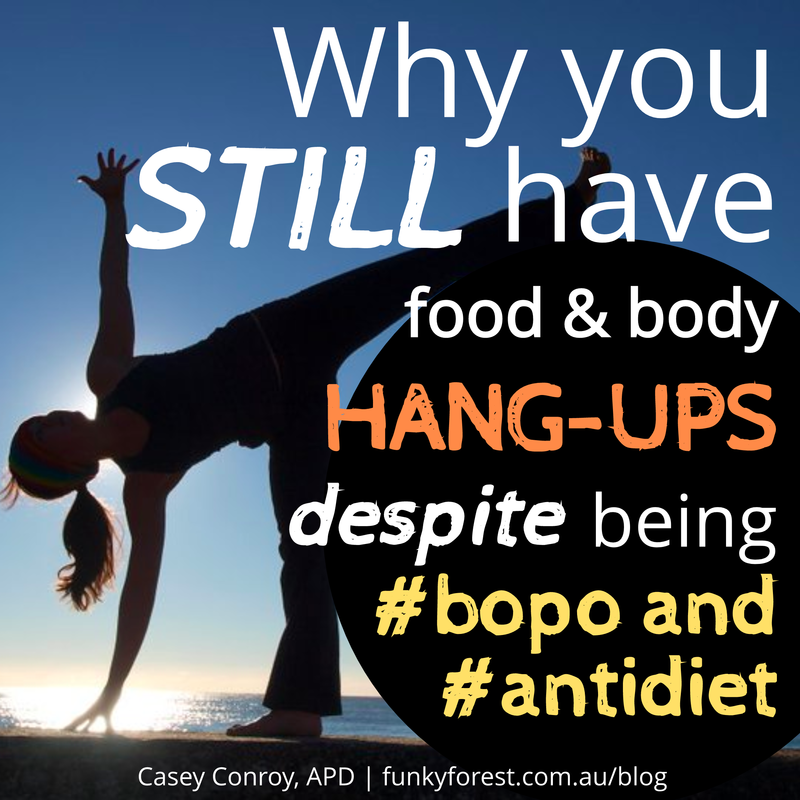
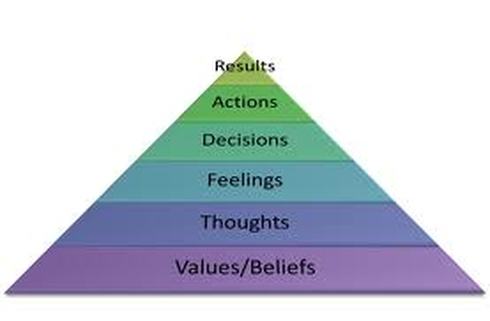
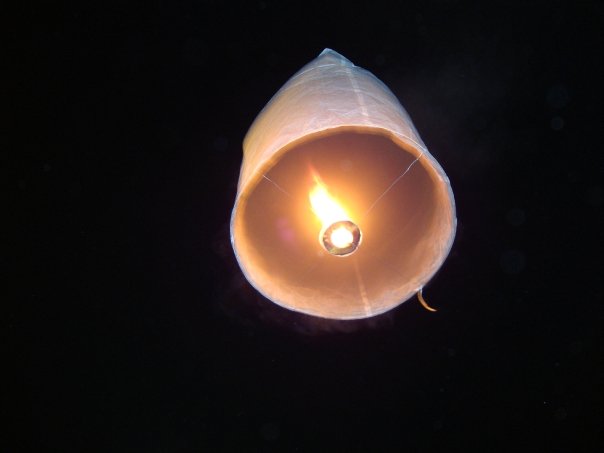
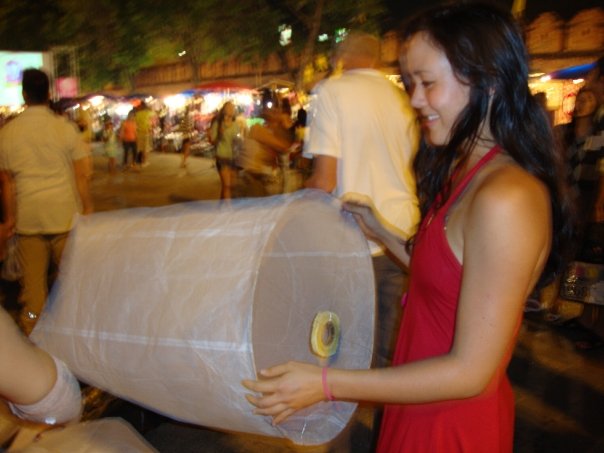


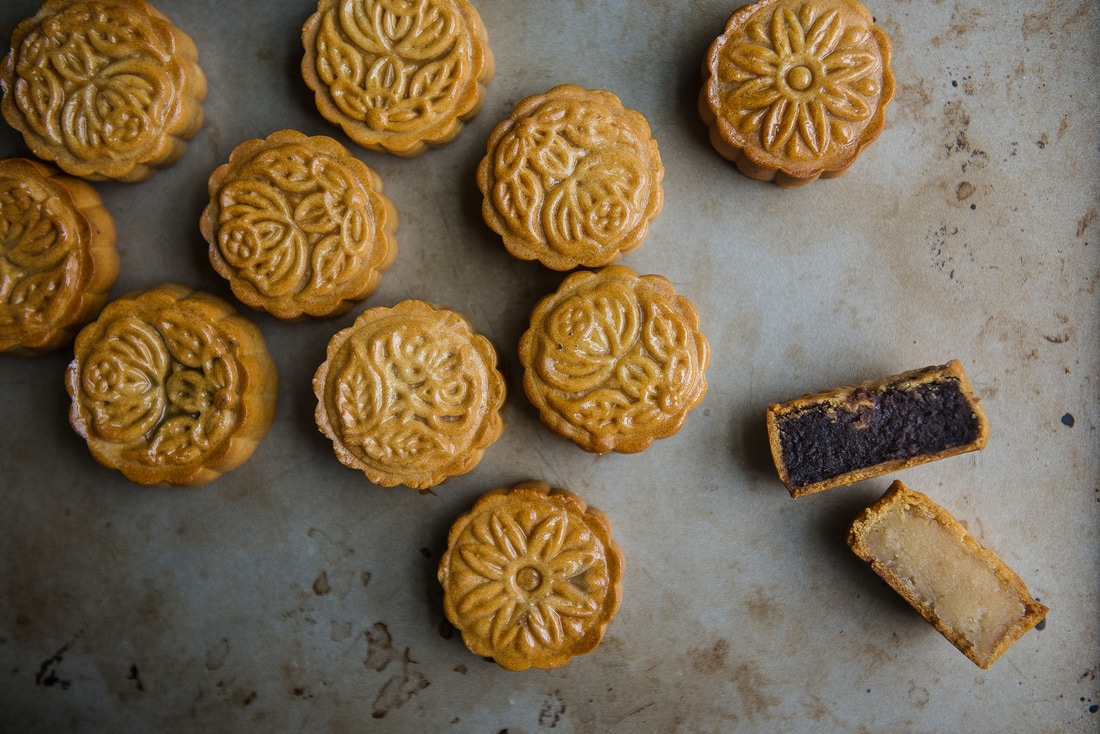

































 RSS Feed
RSS Feed



